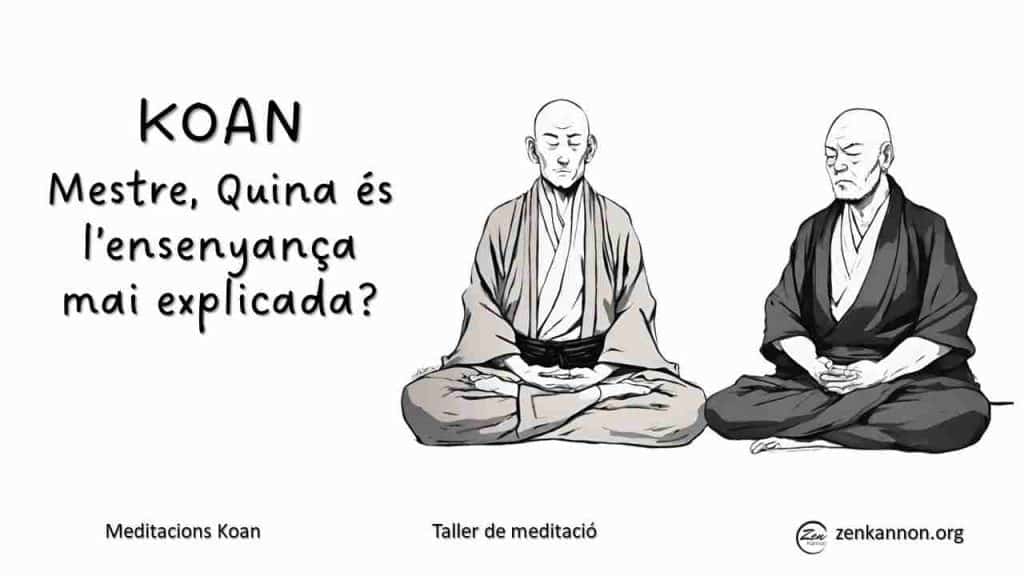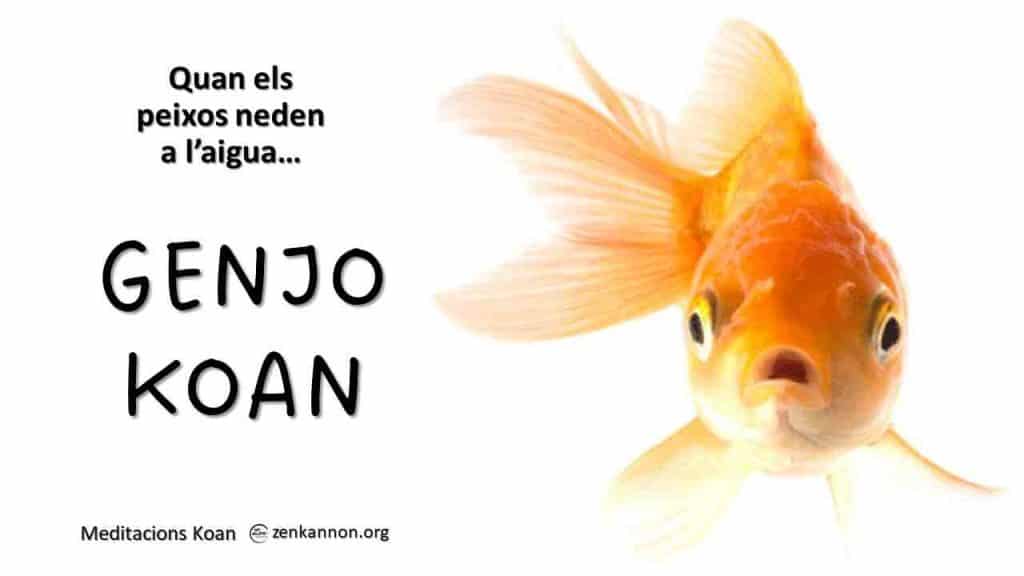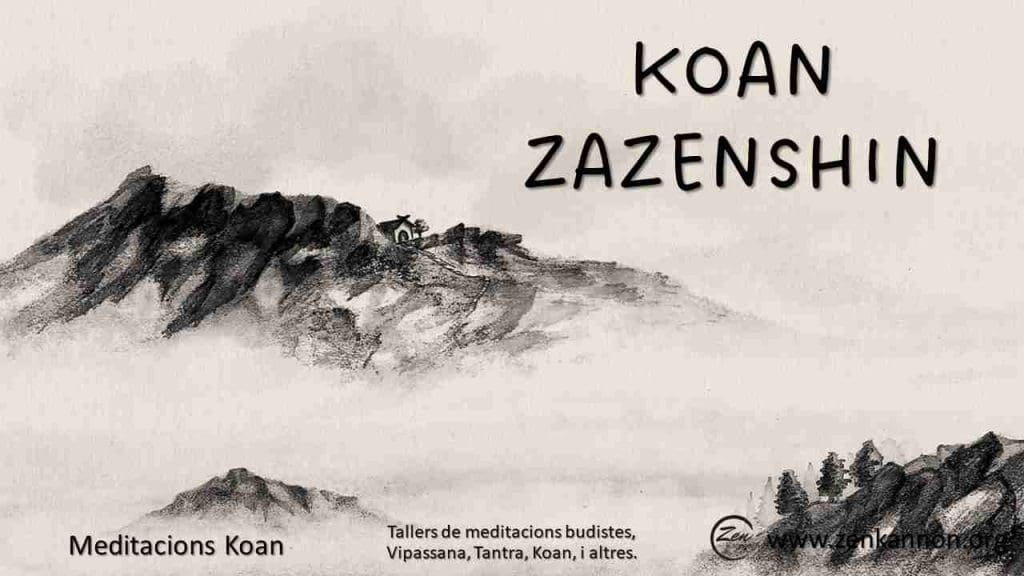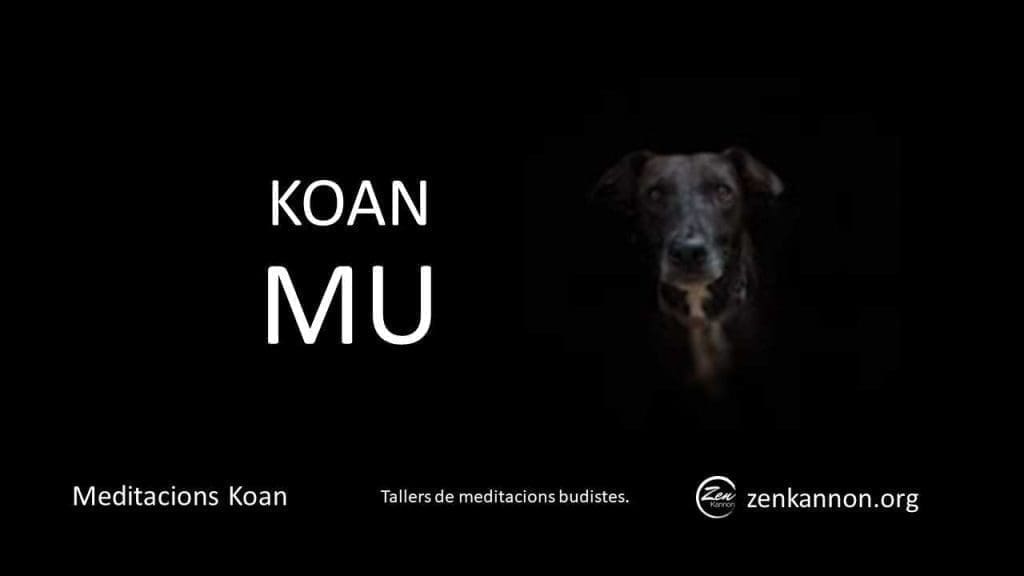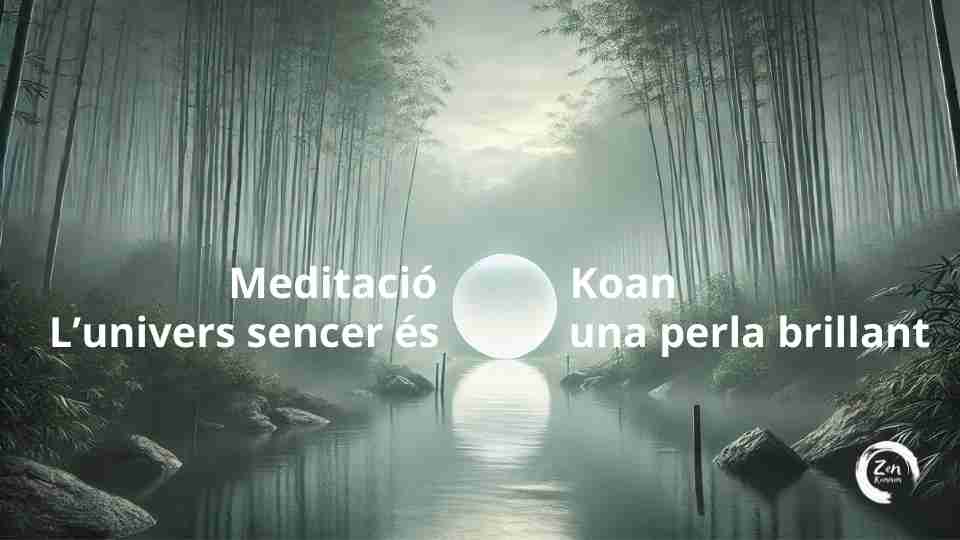The Fox in Zen Stories
To understand the koan of the fox, it is helpful to begin with this story. Once, while a Zen master was walking through the forest, he encountered a wild fox. The fox begged him to accept her into his community so that she could become a nun and study the Dharma. The master said, “But you are a fox — do you have any spiritual capacity?” The fox replied, “Yes, when I’m hungry, I eat; when I’m tired, I sleep.” The Zen master nodded: “You will make a good nun. Follow me and join the community.”
When they arrived at the monastery and the master gave instructions to receive the fox, one of the nuns asked, “Is it appropriate to give refuge to a wild fox?” This question raised a moral and practical dilemma: in the Buddhist tradition, monks and nuns follow precepts that include not killing living beings, yet offering refuge to a wild fox could endanger other monks and the monastery itself. This sparked a lively discussion among the monks — some defended the fox out of compassion, while others prioritized the safety of the community.
When this reached Master Baizhang, he said: “Baizhang’s monastery is a refuge for all beings — for humans and for wild foxes alike.” With this response, Baizhang pointed to a deeper understanding of the situation, suggesting that all beings — even those who appear troublesome — are welcome on the spiritual path and can find refuge in Zen practice.
The Baizhang Fox Koan
There are many Zen stories featuring wild foxes, but perhaps the most studied one tells of a master who was asked by a disciple: “Does an enlightened person fall into karma?” Because of his response, the master was reborn as a wild fox for 500 years. This story presents a paradox used in Zen practice to challenge logical thinking and lead practitioners toward a deeper understanding of enlightenment and karma.
Enlightenment is generally associated with wisdom and insight beyond suffering and karma — the law of cause and effect that governs our actions and their consequences. However, this koan suggests that even an enlightened person may still experience the effects of karma. It helps us realize that enlightenment does not mean the elimination of karma, but rather a profound understanding and a different relationship with it. An enlightened person is not exempt from life’s circumstances, but their response to them is transformed. Instead of being trapped in emotional reactions and habitual patterns, they respond with wisdom, compassion, and detachment.
In essence, the koan “Does an enlightened person fall into karma?” invites us to reflect on the relationship between enlightenment and karma. Enlightenment does not mean being free from karmic experiences, but experiencing them differently — with understanding and equanimity. This koan highlights the importance of living fully and consciously in the world, even after awakening to the Way.
Fox Koan Meditation Workshop
Saturday, 17:00–19:00, in person and online.
This two-hour workshop will be guided by Zen master Lluís Nansen Salas, who will lead a meditation to delve into the koan of the fox.
Location: Gran Via de les Corts Catalanes, 665, Barcelona.
This workshop is part of the Koan Meditation Course.
Individual workshops: €30 (free for active members).


